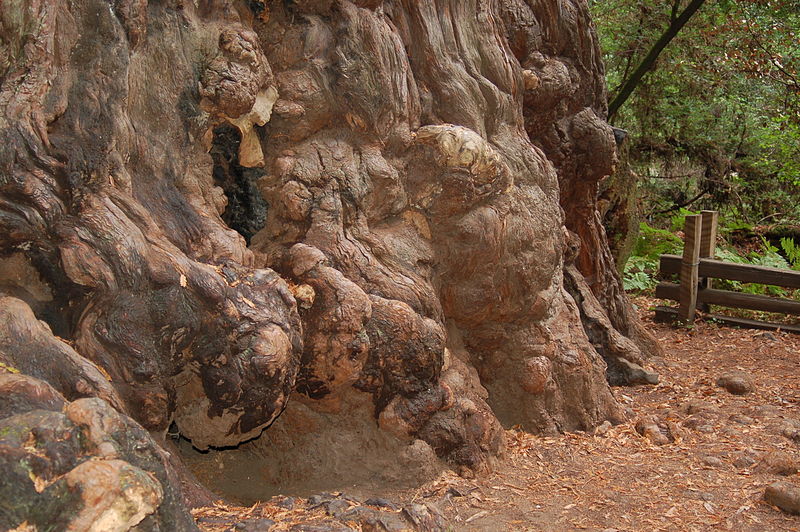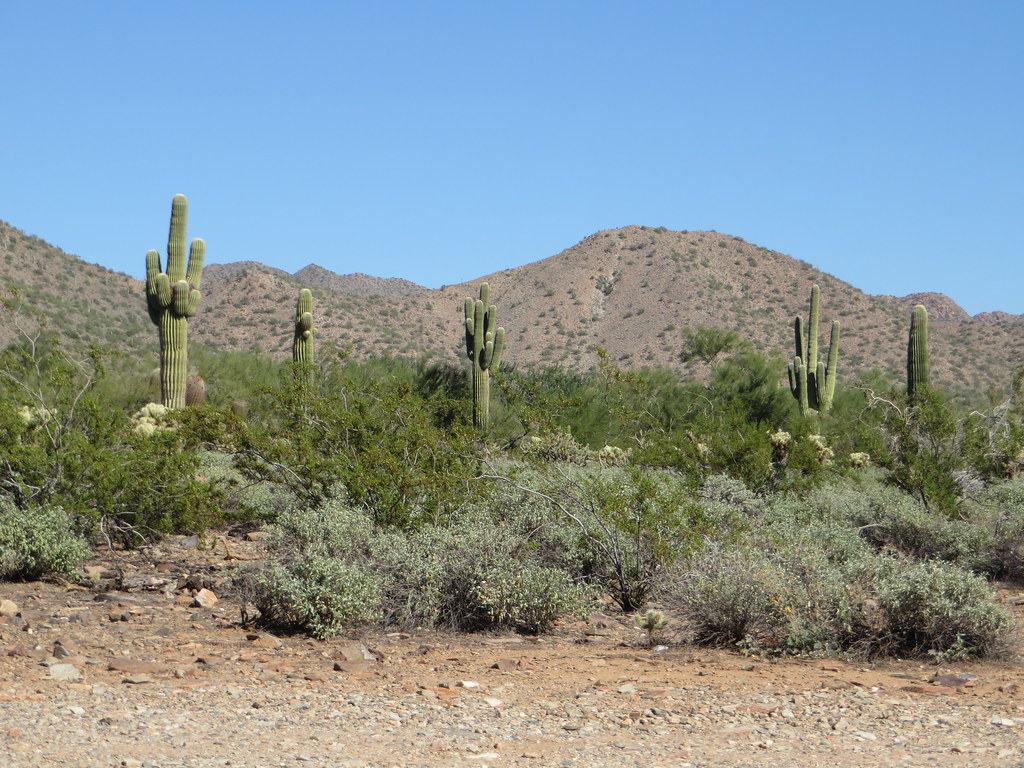Like mice in a field, fighting over the last seeds, people will make a living even if doing so means continued pollution and failure to mitigate climate change.
There’s a story about mice in a field. The mice depend upon grass seeds for food, and their population rises and falls in relationship to the grass. Some years, there are a few more, some years a few less, but for the most part, the population of mice is as steady as the resource they consume. If there are too many mice and not enough grass, the situation is soon rectified in the natural way.
Then, one year, a truck carrying grain veers off the road and tips over into the field. This amazing bounty of food appears to have solved the mouse starvation problem forever! For a while, the rodent population explodes in a field flush with grain, more mice than have ever been able to live there before. Foxes came to take their share, but they were replaced quickly by well-fed mother mice.
Before long, the plague of mice have eaten through the one-time resource glut. Now what do they do? Well, the mice aren’t going to voluntarily stop eating, so they nibble the grass down to the soil. A population crash follows, in a field that has been so damaged by hungry mice that it can no longer support even the steady population of rodents that lived there before the truck came. In the end, the mice were worse off than they had been, and so were the field and the foxes.
News stories reminiscent of mice in a field of diminishing grain are becoming more common these days.
First, consider the Dutch farmers protesting against government-mandated emissions cuts. With the effects of climate change becoming more obvious every day, the Netherlands has begun to enact policies to mitigate the effect of ammonia runoff, which poisons waterways if over-applied in a field and, if airborne, causes an irritating smog. Cutting nitrogen emissions 50% by 2030 is an ambitious goal, but countries around the world have been dragging their feet for so long that gradual changes are no longer enough.
Such drastic cuts, however, are certain to put some farmers and meat producers out of business, especially if they are unwilling to change to more sustainable practices. However, farmers need to make a livelihood just like anybody else, and are fighting to continue farming in the way they know how. The main reason for the climate crisis is too much consumption and pollution, by too many people. Continuing business as usual is not a sustainable option, but neither are the farmers willing to lose multi-generation farms or the way of life they depend on. Like mice in a field that have run out of spilled grain, they’re not simply going to stop eating, either.

Next are the redwood poachers from Orick, California. Orick is a once-booming logging town, but protecting the old-growth redwoods in the area meant the end of logging as a viable way of life. They were promised prosperity through catering to tourists who would surely come to see the last of the majestic 2,000 year old trees (and spend money to stay and dine in Orick), but the rundown town hasn’t been able to attract visitors, and then the pandemic dried up the tourism industry everywhere.
Now, to make ends meet, some residents are turning to poaching burls. When redwoods are damaged, often by fire, fungus, or a lightning strike, the trees heal themselves by producing a burl, like a scar over the wound. Redwood burls don’t have many knots or imperfections, and the wood is beautiful, able to be carved and polished into high-end items like furniture or consoles for luxury cars. Illegally harvesting chunks of redwood burl, usually by hacking them off with chainsaws in the dark of night, can be lucrative for someone with few other options and a powerful need to eat, but it also destroys critical reproductive parts of some of the last remaining old-growth redwoods, a national and ecological treasure.
A similar story is unfolding around the world, with 1 in 5 people relying on wildlife for food, fuel and income. Sustainable harvesting which allows for perpetual renewal would insure that the resources are available as far into the future as anyone can envision, but it would also mean short term suffering for people as their need to chop and sell are curtailed. Are they going to voluntarily stop eating? No, and that’s why species around the world are being pushed to the brink of extinction.
Just outside of Scottsdale, Arizona, is the thirsty suburb of Rio Verde Foothills. They’re unincorporated, neither paying city taxes nor receiving city services (such as paved roads or municipal water), a trade-off many residents prefer. Perhaps it feels like freedom. Some rely on wells for water, but groundwater is increasingly unreliable, and completely unavailable in places. Instead, several hundred homes in Rio Verde Foothills have cisterns, which they fill with water trucked in from the city.
Now, even that water is going away. The Department of the Interior recently ordered several states that depend on rapidly diminishing Colorado River water to come up with ways to significantly cut water use. Scottsdale informed water haulers that starting in 2023, they would no longer be able to buy city water to deliver to the hinterlands, leaving Rio Verde Foothills high and dry.
It didn’t have to be this way, but in a way, it did. Arizona, long aware of the precarious water situation, passed a law in 1980 mandating that developers secure a hundred-year domestic water supply for their subdivisions of more than five houses. Developers don’t want to lose their livelihood either, so they created a multitude of developments of five or fewer parcels, because of course. Now the people who live in their $600K houses are wondering how they’ll be able to drink, wash, or flush their toilets in the desert. They have hope, though. According to the New Yorker, “They believe that the county is not going to let five hundred homes next to one of the wealthiest cities go without water.”
Not even the miners of Wyoming, where coal revenue underwrites over 40% of the state budget, are going to voluntarily stop eating. Avoiding the most cataclysmic aspects of the arriving climate crisis means weaning ourselves off of fossil fuels, like, yesterday. If we do, though, how would the miners make a living? For them, at least, there’s the possibility of what labor researchers call a “just transition,” supporting coal workers as their industry declines, and mandating well-paying jobs in a field like wind power, which currently doesn’t pay as well. Whether we have the political will to do so, during a time of economic chaos and declining prosperity, remains to be seen.
For a long time, Earth’s human population remained relatively steady, rising and falling in relationship with the food supply. Then, people happened upon a one-time glut of fossil fuel energy, first coal and then oil, and it seemed like we could consume more and more forever. The Green Revolution followed, an advance that leveled up the speed at which fossil energy and topsoil could be turned into humans. Now, in the face of global economic and ecological crises, the chickens are coming home to roost. We’re addicted. People are like mice in a field, fighting over the last bits of grain. We could eat the seeds and live for another day, but what then? And if we do, the damaged field will never support as many again, as far into the future as anyone can envision.
Related: Whose Fault is Climate Change?


Join the conversation!